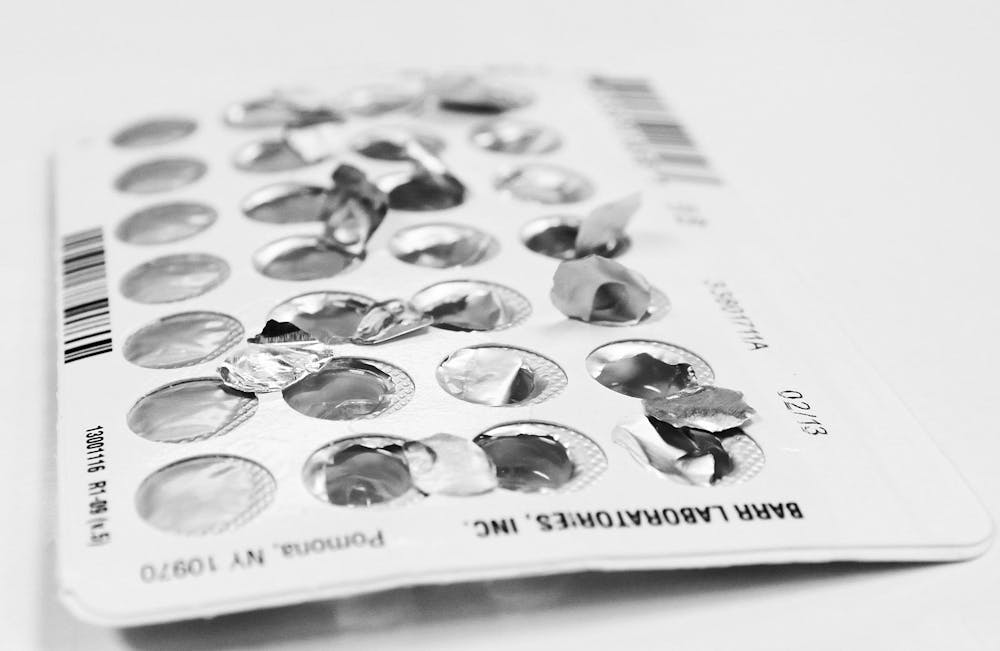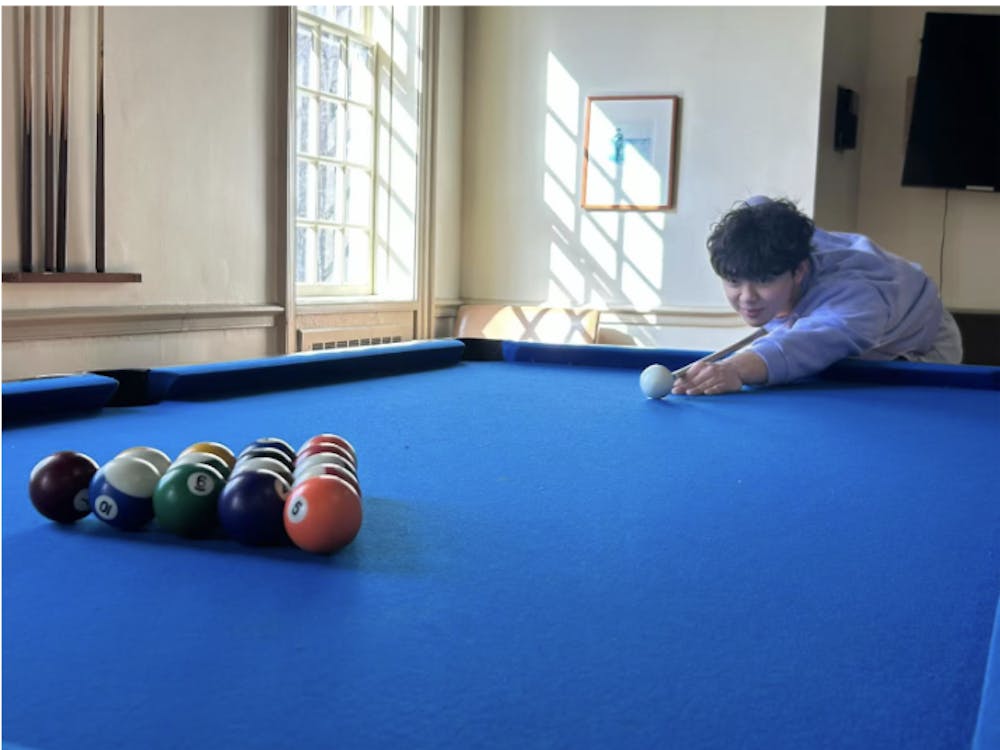In many states in the country, the sale of over-the-counter cough syrup is prohibited to anyone under 18 years of age, due to the presence of an ingredient used in methamphetamine production. Minors are also barred from buying alcohol, cigarettes, pocket knives, spray paint, fireworks and even dry ice from local department stores. Most of these laws make sense, seeing as alcohol and cigarettes contain known carcinogens.
However, minors are also restricted from receiving contraceptives, abortions and other types of reproductive health care from their primary physicians without parental consent in many states. Abortions for minors require parental involvement in 36 states. Prescription of birth control for minors requires parental consent in 37 states. Yet, 44% of women who use birth control pills (BCP) are girls aged 15 to 19, outnumbering women aged 35 and over. Anyone seeking medical care has the right to receive the medication they want for their personal medical conditions. Minors seeking contraceptives should not be excluded from this medication and their access should be legally protected.
The uses of BCPs have greatly evolved from their primarily advertised function of avoiding pregnancy. Many girls undergoing fluctuating hormone changes in puberty use BCPs to control irregular menstruation, mild to severe acne, prevent ovarian and endometrial cancers and remedy iron deficiencies. Girls considering taking BCPs to regulate painful menstruation can also choose the “mini pill,” which has less side effects due to the presence of fewer hormones.
Every girl undergoing menstruation experiences it differently, and assuming a one-size-fits-all method for girls’ reproductive health ignores a plethora of factors that affect their decisions and perspectives towards contraceptives. The use of contraceptives and BCPs for painful menstruation symptoms has become much more normalized and common in the U.S. since the 1980s, yet minors who may benefit greatly from BCPs are refused them if their parents do not grant consent.
The restriction of minors’ access to contraceptives, especially due to stereotypes and cultural beliefs about pregnancy, puts them at a heightened risk of contracting sexually transmitted infections (STI) and unintended pregnancies. The imposition of parental consent laws for contraceptives has been seen to increase the number of teen pregnancies being carried to full term, and evidence suggests that removing confidentiality from minors visiting pregnancy clinics steers them away from seeking prenatal care, increases STI transmission rates and makes overall contraceptive use less likely.
Further, minors especially are negatively affected by lack of access to contraceptives, as they do not have the same financial freedoms as adults and self-transportation to clinics is not always possible, such as when lacking a driver’s license. Many girls and women live in “contraceptive deserts,” where access to BCPs is scarce or difficult to find. Out of the 19 million women that live in these areas, over one million of them do not have access to a singular healthcare center that serves their contraceptive needs. Given that even adult women who can legally receive reproductive care may not even be able to access it, the implications for minors in similar situations are grave. There are already barriers in accessing contraception for both women and girls, and parental consent laws reduce the chances of finding contraceptives for girls even further.
Facing the barrier of parental consent to birth control, girls are more likely to have unplanned pregnancies. If they eventually wish to terminate these pregnancies but live in an “abortion desert,” where abortion clinics are seldom found, they are likely to seek unsafe procedures that lead to fatal consequences such as severe infection, hemorrhage and damage to internal organs. Young girls constitute one-third of unsafe abortion-related deaths that occur worldwide, mostly in developing countries. Regarding these alarming statistics, we are must consider whether preserving parental consent laws for contraceptives is worth the destruction of healthy futures for girls.
Although minors should ultimately have control over what BCPs they take and decide the specifics of their medical decisions, minors’ parents or guardians should not be entirely removed from making decisions regarding access to contraceptives. Any big decisions made in life, even more importantly those considering health care, are better made when taking informed advice of experienced adults and family members into account.
However, parents or guardians should not be able to restrict their children from receiving oral contraceptives as a “last resort” effort if the parents firmly disagree with their child. There are laws in some states that recognize a degree of individual decision-making capacity for minors’ abortions, but this is only permitted when the pregnancy occurs out of rape, neglect, incest or abuse. This conditionality of abortions limits their availability strictly to instances of crime and emergency, which can end up being traumatic and unnecessarily violating for girls seeking health care.
Yet, we must keep in mind that the established age of majority at 18 years old does not realistically apply in all circumstances, and it is impossible to determine at what time exactly a minor becomes a full-fledged adult. Living conditions, parental upbringing, childhood and adolescent experiences, social contexts and countless other factors play into the level of maturity a given person has at a point in time, and an arbitrary length of 18 years encompasses different levels for everyone. Despite that, this number exists to standardize the law and offer a general average of when people gain certain responsibilities and capabilities; something as personal and unique as a girl’s individual reproductive health should not be restricted simply because this end-all exists.
Ultimately, bodily autonomy is something that each and every human has a right to have and keep. The clothes we wear, the food we eat and the health care we choose is decided for oneself and oneself alone. In recent years, federal decisions have endangered the autonomy that young girls and women have over their own bodies, and it is high time that we face the structural wrongdoings that have resulted from the overreach of government administrations.
The policies that govern minors’ access to reproductive healthcare have legally and structurally stiffened accessibility of these vital services. These laws violate the inherent bodily autonomy of minors and then grant it only in times of plight and distress. Girls should not have to rely on the occurrence of crises in order to get the health care that they need at any moment in time, whether that be with or without parental consent.
Ayden Min is a freshman studying International Studies from Los Angeles, CA.

















